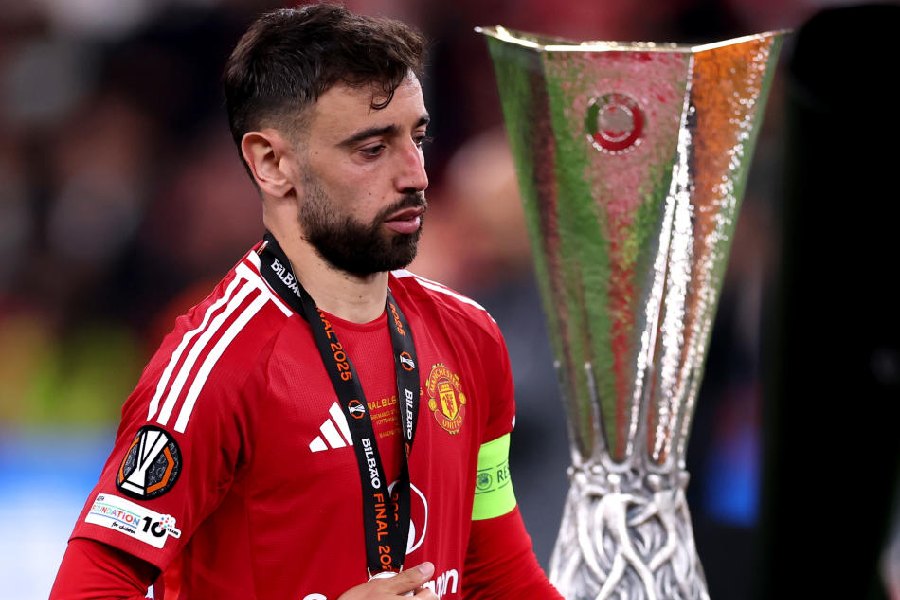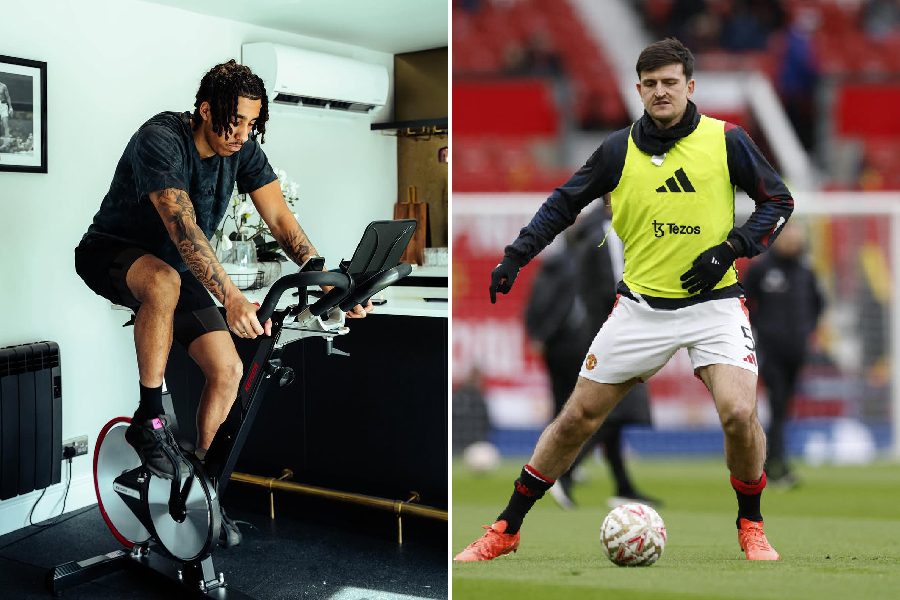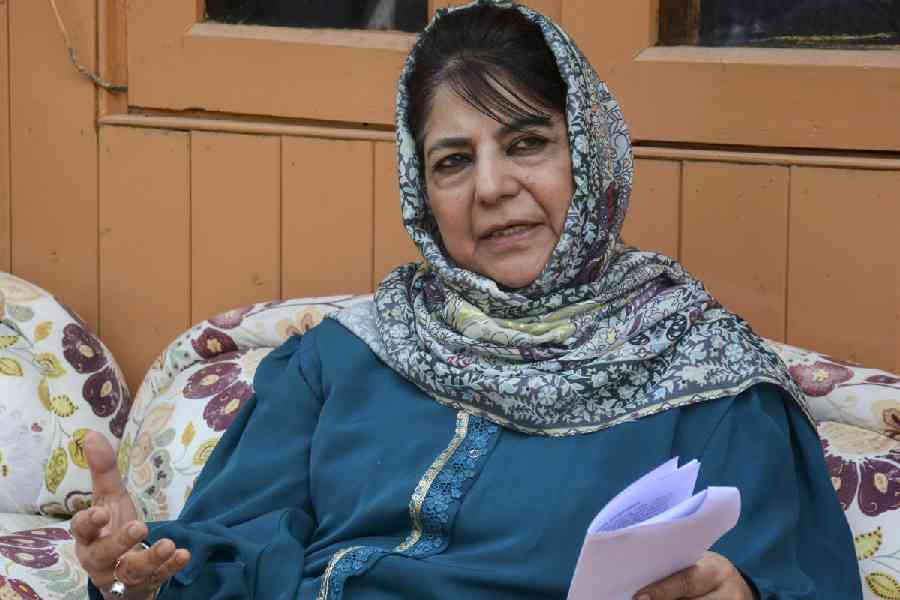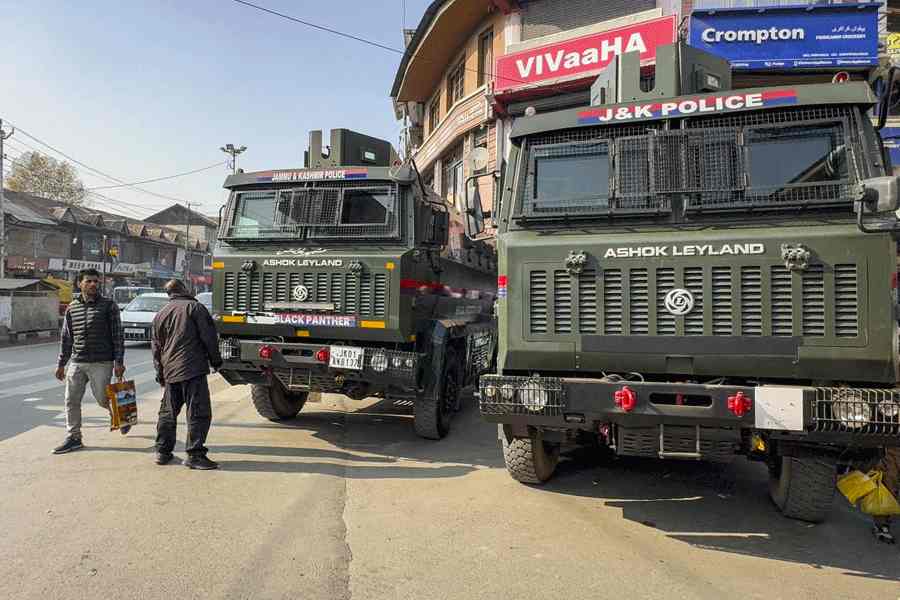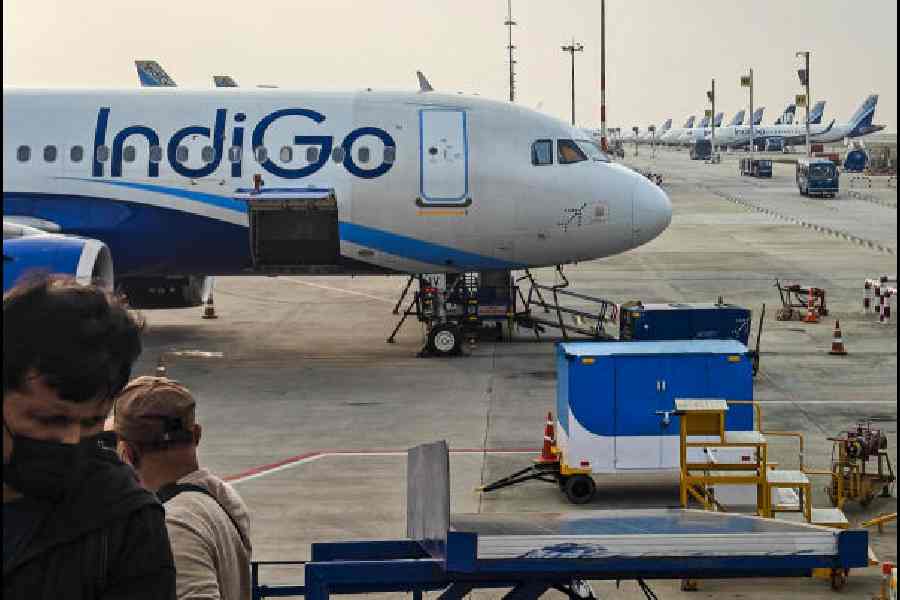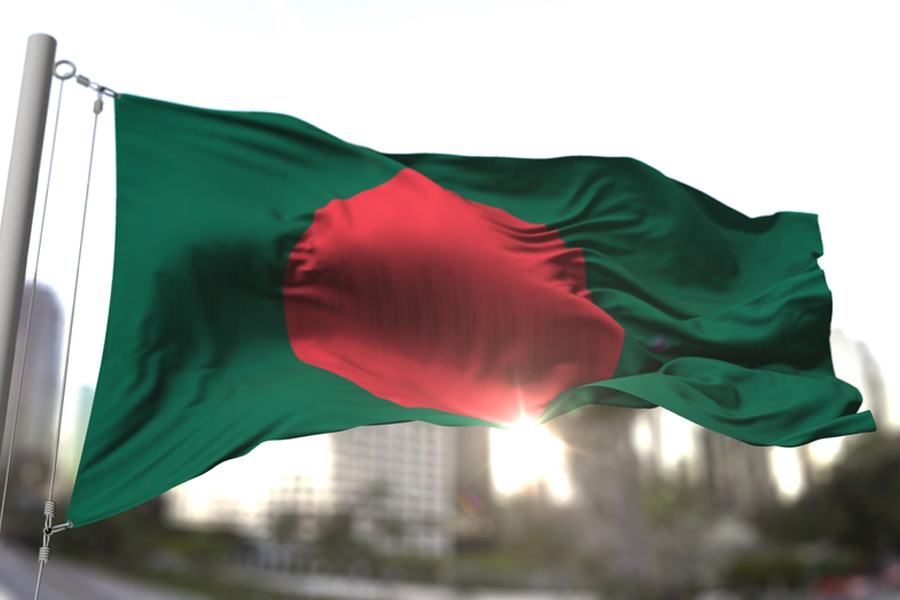Shoulders drooping and face sullen, Bruno Fernandes did not try to hide his disappointment. He was staring at the grass blades of San Mames where just three weeks back he had scored two goals in Manchester United’s 3-0 away win over Athletic Bilbao in the first leg of the Europa League semi-final.
On Wednesday, it was a story of despair like it has been all through the recent past. United lost to Tottenham Hotspur 1-0 in the Europa final which gave the north London club a ticket to next season’s Champions League.
Spurs are 17th in the Premier League table, yet they will brush shoulders with the best in Europe. Though United are a place above them, the final setback means they have said goodbye to Europe for the next season.
Bereft of ideas against Spurs, who got a first-half goal through Brennan Johnson and then were rock-solid at the back, United wilted.
But Wednesday was not about Spurs, it was about United’s mighty fall. Probably the steepest fall in club football history.
A club which was synonymous with a league ever since the advent of satellite television in India, a club which was a cricket-mad country’s window to European football, is now floundering.
Alex Ferguson’s United was the team fans used to wait for on weekends. The eccentric genius called Eric Cantona, those late comebacks, David Beckham’s free-kicks, Dwight Yorke’s goals, super sub Ole Gunnar Solskjaer’s injury-time strike in the summer of 1999 against Bayern Munich in Barcelona and, of course, a magical two seasons of an exhilarating front-three of Cristiano Ronaldo, Wayne Rooney and Carlos Tevez. That was the Manchester United the world knew about.
Those were the days of Sachin Tendulkar, Michael Schumacher and Manchester United. And closer home, it was East Bengal. Sachin has retired well, the Formula One legend is out of the public eye since a skiing accident in 2013 and East Bengal, which ruled Indian football between 2000 and 2004, are miles behind arch-rivals Mohun Bagan.
The red and gold brigade can only boast of a few local league titles, a couple of Federation Cups, a Durand Cup, and a Super Cup (the first major trophy they won last year since September 2012). They have not won the national football league (rechristened I-League after 2003-04) and in ISL — East Bengal joined in 2020 — they always stayed at the bottom half of the table.
United’s free-fall is unimaginable in the post-Ferguson era. They have not won the Premier League since 2012-13 (Ferguson’s last season), changed managers at the drop of a hat, and paid the price.
As the blueside of Manchester shone brightly under Pep Guardiola, United could only watch. This season, United have not won their last eight matches (two draws and six losses) in the Premier League.
Ruben Amorim chased Europa glory for a spot in next season’s Champions League. Sadly, instead of giving their millions of fans across the world a reason to smile, the Portuguese, who replaced Erik ten Hag in November last year, brought tears and loads of jeers. Even fellow strugglers Tottenham, who have won just one of their last nine league games, had a measure of their rivals in Bilbao.
After Uefa decided to make the Champions League a 36-team format and do away with the best third-placed teams from Europe’s premier tournament going to Europa League, the second-tier competition has lost much of its sheen. Both Amorim and Spurs manager Ange Postecoglou were smart enough to realise this was their gateway to solace. In the end, Postecoglou had the last laugh.
Axe may fall on the former Sporting CP manager but whoever comes will find it difficult to lift this once vaunted club from the abyss. The rut has gone deep.

